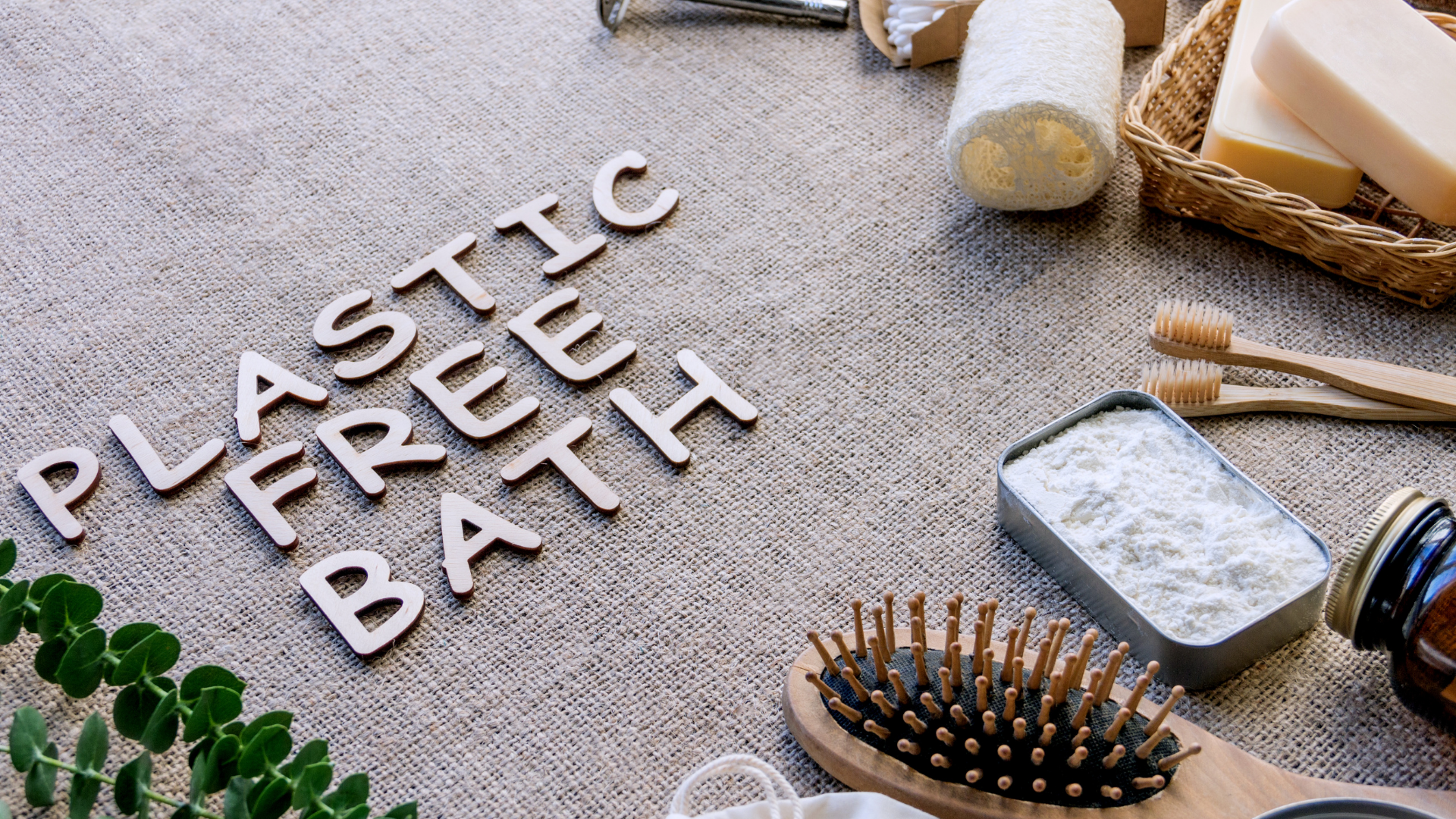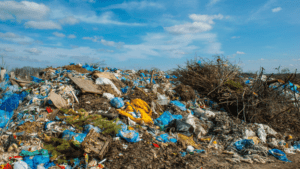
According to shocking new research, recyclable bathroom waste accounts for up to 40% of overall landfill waste in the UK.
The findings showed that while 90% of packaging in our kitchens is recycled, just 50% is recycled in our bathrooms.
As a result, your bathroom waste makes up 30% to 40% of overall landfill waste in the UK.
The amount of plastic items and packaging in the bathroom often outnumbers that in other rooms of a UK house.
By the age of 70, estimates show that the average UK citizen will dispose of 49,274 items of bathroom waste.

In other words, the bathroom waste we would have created in our lifetime will weigh 512kg, times that by the UK’s population, which is a whopping 33,812,480 tonnes.
The toothpaste tube you are using will still be on the planet in 500 years time.
But why does it take so long for these materials to degrade?
Quite simply put, plastic, which takes too long to break down and ends up in our seas, our food system and damages nature.
But don’t despair – there is a solution that helps you become more sustainable and can save you money.
Most people use three bottles in the shower – shampoo, conditioner and shower gel, but did you know you can replace all these with bars?
Everyone knows about soap, but you can also get shampoo and conditioner in bar form.
The advantage of this is the bar tends to last longer, and comes in recyclable paper packaging, leaving no plastic waste to enter landfill and oceans.

There is a shampoo bar we love at Play It Green.
Gruum a Manchester-based company makes a shampoo bar that is gender-neutral, cruelty-free, made with only natural ingredients.
Best of all, all Gruum products come in 100% recyclable packaging.
If you are quick, you can ditch your bathroom plastic and get a free shampoo bar by heading over to Gruum’s website now.
So there you have it - weekly tip number one on how to be more sustainable.
Keep your eye out for next week’s tip and take another step to a more sustainable future.
Back to articles